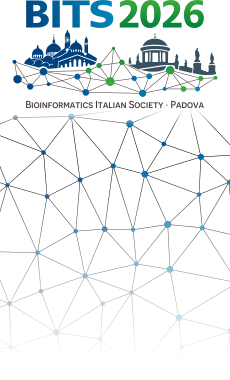Description:
San Raffaele Telethon Institute for Gene Therapy (SR-Tiget) is leading worldwide research institute in the field of Gene Therapy. The Unit of “Safety and insertional mutagenesis”, directed by Dr. Eugenio Montini, is in charge of molecular analysis of clinical and pre-clinical studies to assess the safety and long term efficacy of the gene therapy treatment (Naldini, 2015) and modelling clonal evolution over time. We are also studying the phenotype and fate of transplanted human and mouse hematopoietic stem and progenitor cells marked with specific vector constructs and evaluating their impact on the hematopoietic reconstitution in different mouse models. Moreover, we are using chromatin conformation capture technology to study the physical interactions between integrated lentiviral vector constructs and the surrounding chromatin to observe and compare chromatin conformation changes occurring in the genome after the semi-random insertion of vector constructs containing different genetic elements.
The bioinformatics group in the Unit is aimed at supporting all the research lines, with particular focus on (1) efficiently processing big data (genomic data), (2) developing new algorithms, statistical methods and software tools to support the assessment of safety and long term efficacy in vivo (Calabria, et al., 2019; Spinozzi, et al., 2017), (3) developing new bioinformatics approaches to dissect the human haematopoiesis and its reconstitution in vivo after transplantation with machine learning methods, (4) developing new pipelines for gene editing technologies and AAV studies, (5) developing new methods for studying chromatin conformation using genomic data (such as Hi-C). We are looking for highly motivated candidates with a long term commitment for translational research. Successful candidates are welcome to evaluate Ph.D. applications. Developing skills/attitude are required to support autonomous work.
Requirements
The ideal candidate is seeking a long-term commitment in research. Preferred experiences/skills: theoretical and practical statistical approaches, algorithm and software development, next generation sequencing (NGS) data analysis (paired-end reads alignment, data filtering, variant calling. Examples of technologies: Illumina, PacBio; examples of data: RNA-seq, scRNA-seq, ATAC-seq, ChIP-seq, Guide-seq, whole genome sequencing. Examples of pipelines and tools: Cellranger, BWA, Samtools, GATK, R packages EdgeR, DeSeq). Programming languages and statistical frameworks (Bash scripting, Python, R, Matlab).
References
Calabria, A., et al. γ-TRIS: a graph-algorithm for comprehensive identification of vector genomic insertion sites. Bioinformatics 2019.
Naldini, L. Gene therapy returns to centre stage. Nature 2015;526(7573):351-360.
Spinozzi, G., et al. VISPA2: a scalable pipeline for high-throughput identification and annotation of vector integration sites. BMC Bioinformatics 2017;18(1):520.
Computational Biologists and Bioinformatics positions (2 positions) at San Raffaele Telethon Institute for Gene Therapy
Location
Milan
Referent
Andrea Calabria
Deadline for application
09/2021
Contact




